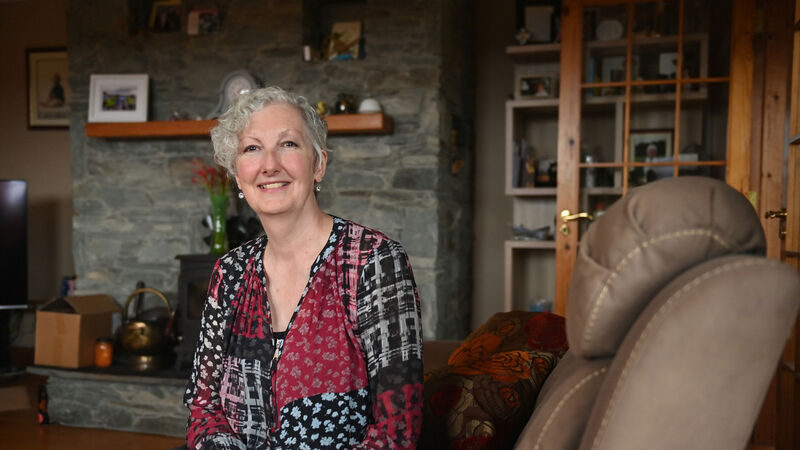Breast cancer, radiotherapy, and the volunteer bus that carried me along

Marie Shannon, who was treated for breast cancer, at home in Killarney, Co Kerry. Picture Dan Linehan
KILLARNEY native Marie Shannon never missed a mammogram appointment. In June 2023, following a routine scan, she was called back for a follow-up appointment by BreastCheck, the national screening programme.








